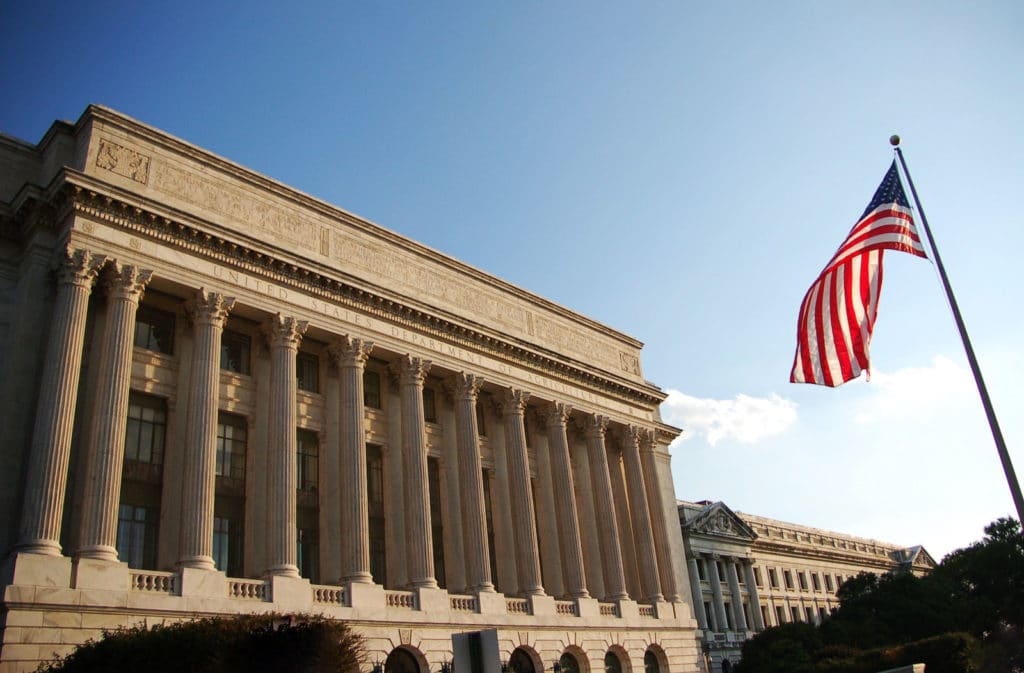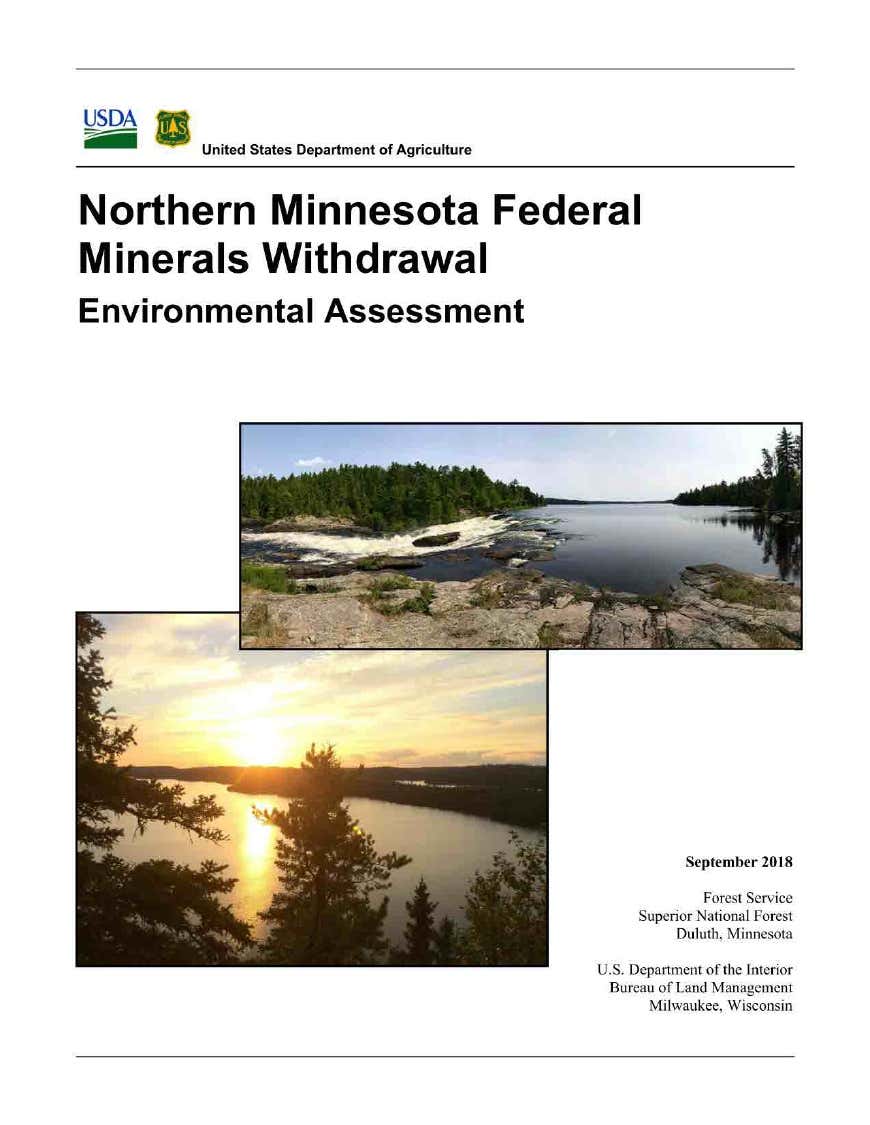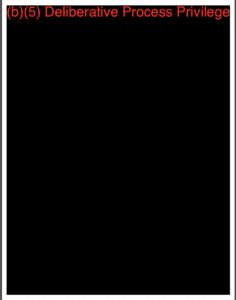
Federal agencies released two documents in recent days as compelled by the courts and Congress. Both reports were assailed by wilderness and clean water advocates for being incomplete, inadequate, and even “insulting.” The documents were also pointed to as new examples of opaque decision-making by Trump Administration officials. A Congresswoman and the state’s largest newspaper both called out the actions for failing to be transparent.
‘Embarrassingly inadequate’

On Feb. 20, Rep. Betty McCollum said she had seen the report sent by the State Department to its counterparts in Canada, as required by legislation passed in December. The Trump Administration has so far refused to release the report publicly.
McCollum said it was part of upholding the 1909 Boundary Waters Treaty between the U.S. and Canada, which requires no pollution in shared waters along the international border. She told the CBC that she believes permitting the Twin Metals mine as proposed would violate the 1909 treaty.
“The State Department’s eight-paragraph response would be excellent for a grade school-level book report, but as a report to Congress it is an embarrassingly inadequate document,” McCollum said in a statement. “It embodies the Trump administration’s insulting disregard for science, and fails to acknowledge the need to protect Canada’s waters from toxic cross-boundary mining pollution.”
The Minnesota Democrat then called on Canadian officials to ask the State Department to release the report to the public. Wilderness advocates who are fighting the proposed Twin Metals mine proposal near the Boundary Waters echoed McCollum’s criticisms, and said it was further evidence the review had been tainted by politics.
“This is just another example of the Trump Administration’s reckless rush to ruin the Boundary Waters to benefit an international mining conglomerate with a terrible environmental and labor record,” said Tom Landwehr, executive director of the Campaign to Save the Boundary Waters.
A Twin Metals spokesperson said the bilateral International Joint Commission, which includes appointed representatives from U.S. and Canada, is better suited to deal with concerns. Rep. Pete Stauber, a Republican who represents northeastern Minnesota, continued to speak out in support of the Twin Metals proposal.
“Should all of our standards be met or exceeded, we will one day mine precious metals in the Rainy River Watershed just as the Canadians have done successfully for years in the very same watershed,” Stauber told WDIO.
McCollum pledged to include funding to protect border waters in the next federal budget, including a “mining pollution early warning system” to protect international lakes and rivers.
“The waters shared by the U.S. and Canada must be protected, and I will work with our Canadian neighbors to ensure we meet our obligations to our citizens as well as future generations,” McCollum said.
Redacted study released

The draft of the two-year mining study initiated by the Obama administration and cancelled by Trump appointees, long sought by the public, was released on Monday after a Freedom of Information Act request from the Wilderness Society.
But a year after the organization sued to force the government to it, the U.S. Department of Agriculture blacked out everything except the cover sheet — all 60 pages. The agency claimed a FOIA exemption for “Deliberative Process Privilege.” This form of executive privilege is designed to ensure decision-making by government agencies is not harmed by the release of documents and communications between agency officials.
Anti-mining groups and Minnesota’s largest newspaper’s editorial board said instead of answering any questions, it just increased the evidence that the Trump administration is covering something up.
“That’s unacceptable and suggests strongly that the study’s findings show that copper mining’s potential pollution poses a serious risk to the BWCA,” the Star Tribune editorial board wrote.

Trump’s Secretary of Agriculture Sonny Perdue cancelled the study in 2018 after 20 months of work on the 24-month project. His agency said at the time that it had found no threat of pollution to the wilderness from nearby mines.
According to the U.S. Department of Justice, the FOIA exemption used to redact the document must meet two basic requirements: The communication must have occurred before adoption of a new agency policy, and it must be “deliberative,” part of making recommendations or expressing opinions on law and policy.
More information
- U.S. Congresswoman calls on Canadian government to look at potential effects of Minnesota mine – CBC
- Twin Metals Opponents Compare State Dept. Document to Grade School Book Report – WDIO
- Redacted report shows how public is kept in the dark on BWCA risks – Star Tribune
- FOIA response – “60 Pages of Redaction” – Star Tribune

